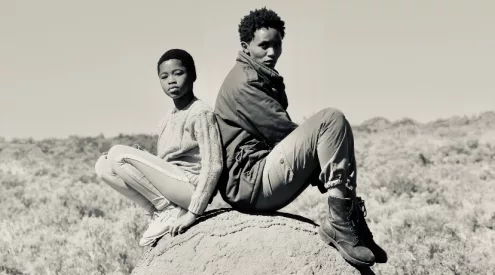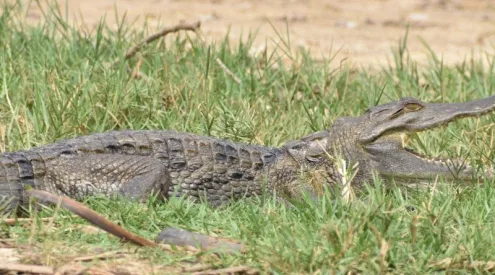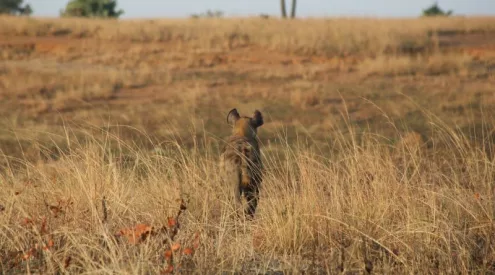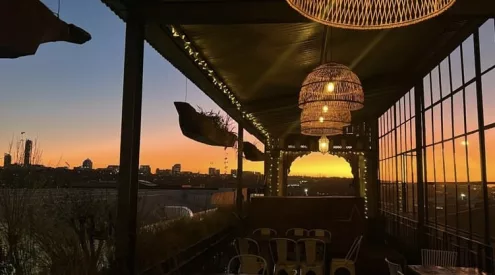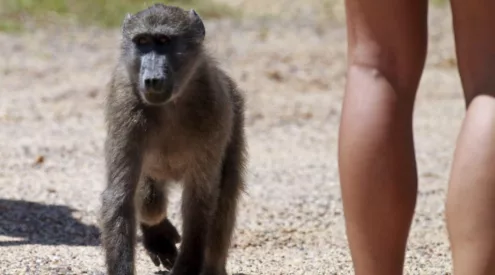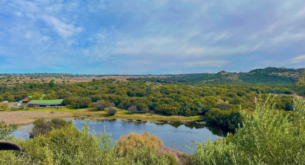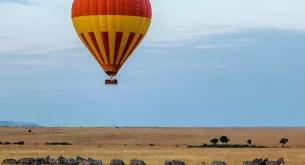The Southern African Foundation for the Conservation of Coastal Birds (Sanccob) is calling on all Capetonians to help in fundraising for the expansion of its Chick Rearing Unit (CRU) where the eggs of African penguins are incubated and hatched before the birds are hand-reared and released to improve the population.
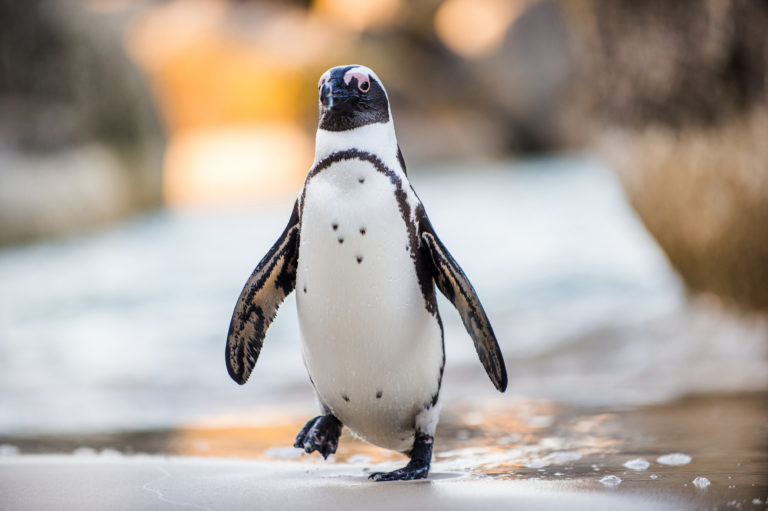
While Sanccob said they were proud of their release rate of 81%, the CRU is no longer suitable to accommodate the high volume of African penguin eggs rescued.
‘The African penguin species face many threats and lack of food is currently a major concern, evident from the emaciated penguins rescued for admission and the effect that low food availability has on their breeding patterns,’ Sanccob resource development manager Ronnis Daniels told IOL
In partnership with managing authorities of the penguin colonies, Sanccob carries out interventions to rescue abandoned eggs while they are viable along with chicks that are facing starvation.
According to Daniels, the African penguin eggs and chicks would not hatch or survive at a time when it was crucial to do everything possible to reverse their decline in numbers.
The organisation’s Chick Bolstering Project started in 2006 as a collaboration between Sanccob, conservation authorities, and the government to arrest and reverse the decline of the African penguin population.
‘The rate of decline of this species is alarming but our conservation efforts may ensure the survival of these birds,’ said CapeNature CEO Razeena Omar. ‘The most recent census reveals that the Stony Point penguin colony holds an estimated 1 565 of the 10 000 breeding pairs of African penguins found countrywide.’
Daniels added that the collective giving power of the Cape Town community is what will make this project a reality to enable Sanccob to improve and increase the capacity of our Chick Rearing Unit.
Donations can be made on Saccob’s website
Picture: Getty Images/ Getaway Gallery
Follow us on social media for more travel news, inspiration, and guides. You can also tag us to be featured.
TikTok | Instagram | Facebook | Twitter
ALSO READ: A common thresher shark carcass washes ashore on Cape Town Beach



